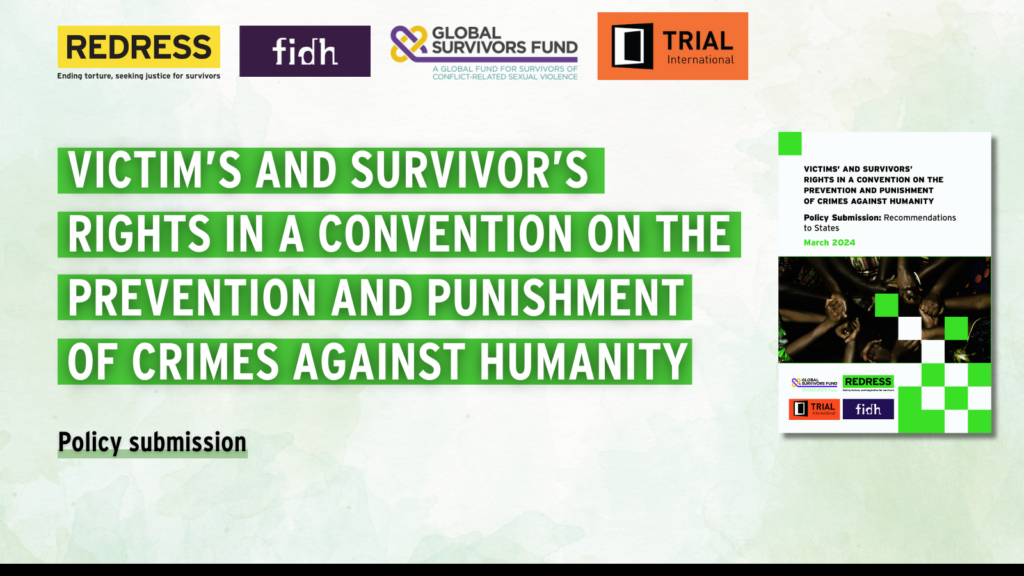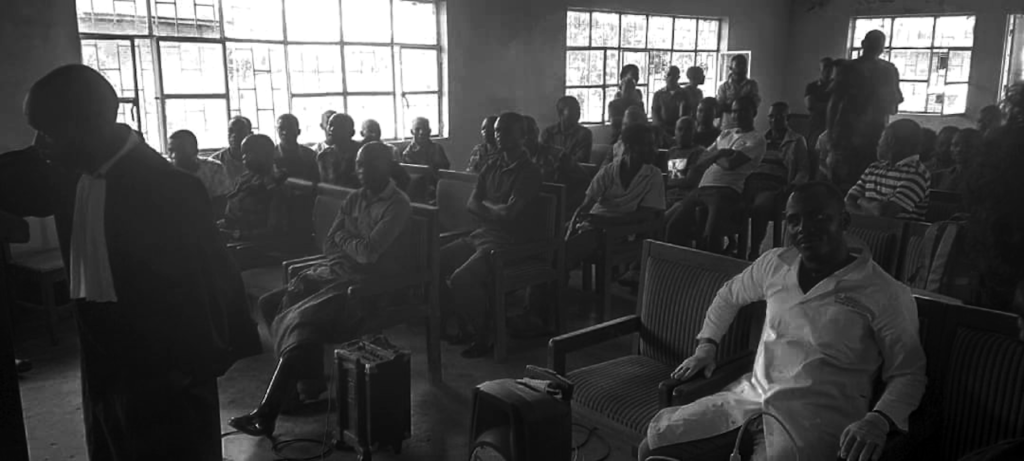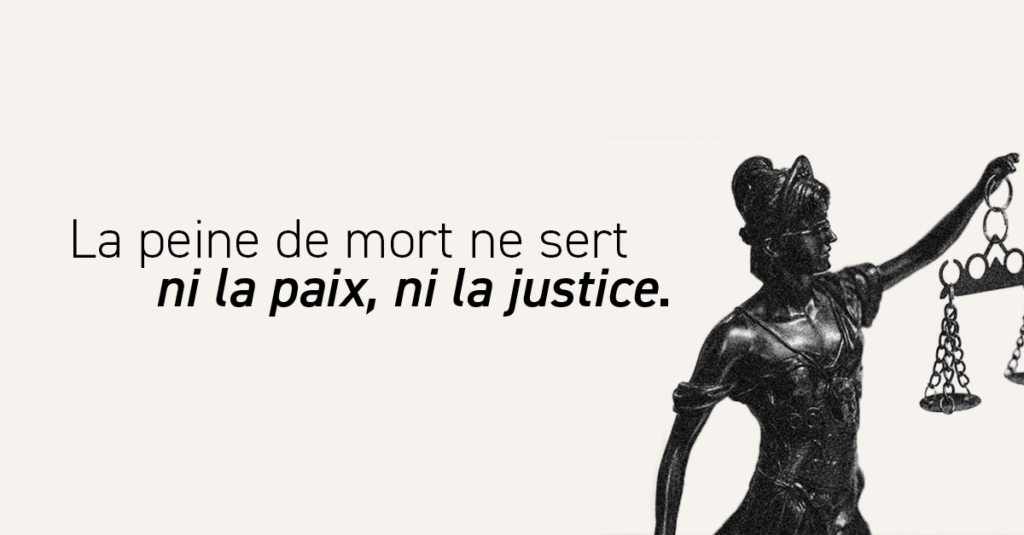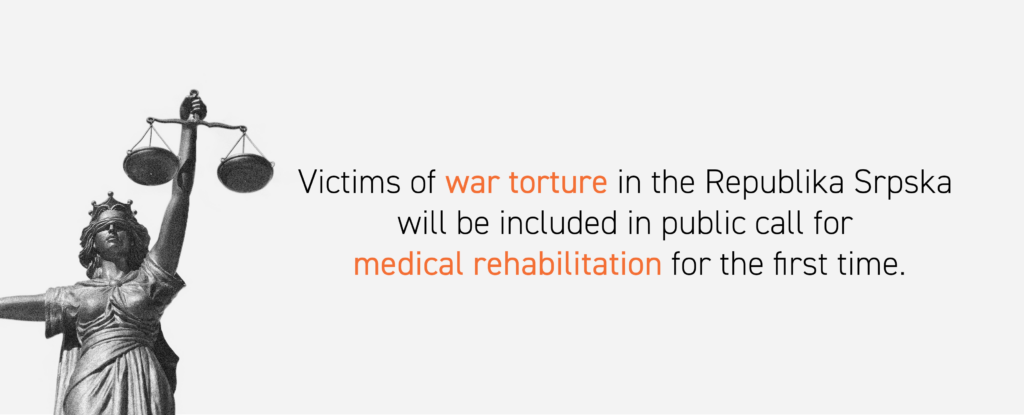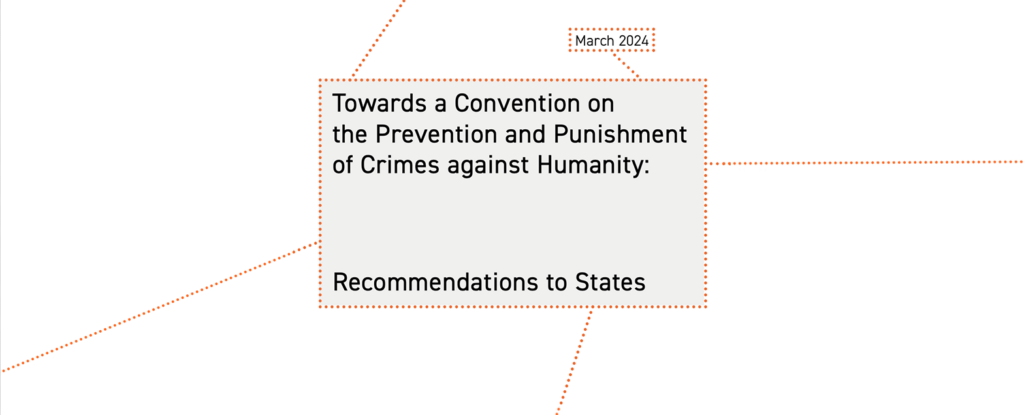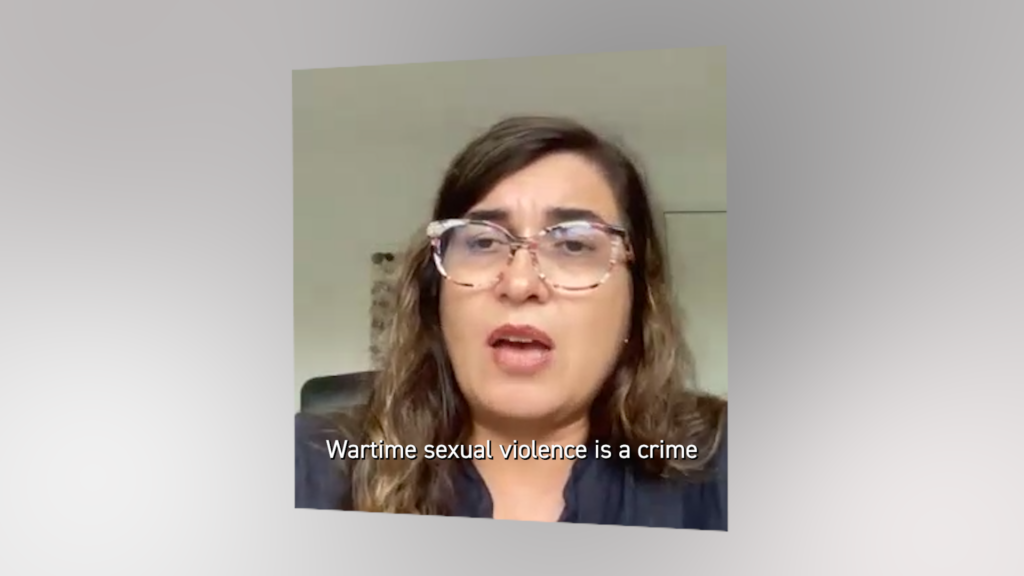Spain: still no light on enforced disappearances under Franco
TRIAL welcomes the UN conclusions calling on Spain to do more to establish the truth on the fate and whereabouts of persons disappeared during the Civil war and Franco’s regime. Most of TRIAL’s recommendations were taken into account by the UN Committee on Enforced Disappearances. Spain has now one year to report on the measures adopted to reform its legislation and practices. TRIAL will closely monitor this process to make sure Spain meets its obligations under the International Convention on the Protection of All Persons from Enforced Disappearance.
In September 2013, TRIAL referred to the UN Committee on Enforced Disappearances (CED) the existing pitfalls in the Spanish domestic legislation on enforced disappearance and the many obstacles encountered by the thousands of relatives of victims of enforced disappearances begun during the Civil War and under Franco’s regime in obtaining justice and redress for the harm suffered and in establishing the truth on the fate and whereabouts of their loved ones.
On 15 November 2013 the CED made public its concluding observations, referring also to enforced disappearances begun during the Civil War and under the Franco regime. TRIAL’s Senior Legal Advisor, Gabriella Citroni welcomes these recommendations and recalls that: “Spain must now take legislative and practical measures to fully stick to its international obligations“.
These conclusions follow the first report ever submitted by Spain on the measures taken to give effect to its obligations under the International Convention on the Protection of All Persons from Enforced Disappearance. In particular, the CED recommends that Spain:
- Codifies enforced disappearance as a separate offence under domestic criminal law, as well as enforced disappearance followed by the wrongful removal of children and the falsification, concealment or destruction of documents attesting their true identity.
- Ensures that all enforced disappearances, including those begun during the Civil War and under Franco’s regime, are subjected to a thorough and impartial investigation, notwithstanding the time that may have elapsed from the beginning of the crime and even when no formal complaint has been filed.·
- Considers the establishment of a commission of independent experts to ascertain the truth on gross human rights violations committed during the Civil War and under Franco’s regime.
- Ensures legal assistance to other States parties to the Convention in connection with criminal proceedings, including the supply of all evidence at its disposal.·
- Establishes the competence of Spanish tribunals to exercise jurisdiction over enforced disappearances.
- Ensures that all victims of enforced disappearance obtain integral reparation and prompt, fair and adequate compensation for the harm suffered.
- Searches and identifies minors that may have been subjected to wrongful removal, enforced disappearance, and falsification of their true identity.
“The recommendations issued by the CED represent a sound road-map for Spain to address thousands of enforced disappearances begun in the past and to prevent future violations. It is time to unveil the truth over those crimes and to put an end to impunity“, adds Gabriella Citroni.
Spain will have to submit information to the CED by 14 November 2014 on the measures taken to implement these recommendations. TRIAL urges Spain to take all necessary measures to enforce these recommendations without delay.
Context
- Spain ratified the Convention on the Protection of All Persons from Enforced Disappearance on 24 September 2009.
- Spain had to submit to the CED a report on the measures taken to implement its obligations under the Convention within two years from its entry into force on 23 December 2010.
- The State’s report was submitted on 26 December 2012.
- Spain argued that, while examining the report and formulating its observations, the CED would not be competent to consider enforced disappearances which begun before 23 December 2010 and that the articles of the Convention would be applicable solely to enforced disappearances which may have commenced after that date.
- Enforced disappearance is a continuous crime that lasts until the State establishes with certainty the fate and whereabouts of the disappeared person. States are therefore under an obligation to continue investigations until the fate of the disappeared person has been clarified
- During the Civil War and under Franco’s regime more than 100.000 people, including children, were subjected to enforced disappearance and their fate and whereabouts remain unknown.
- To date those responsible for these crimes enjoy impunity, also thanks to an Amnesty Law adopted in October 1977.
- Relatives of disappeared people continue claiming for justice, truth and redress.
In its alternative report to the CED, TRIAL indicated that Spain must:
- Codify enforced disappearance as a separate offence under domestic criminal law and eliminate the pitfalls in the codification of enforced disappearance as a crime against humanity.
- Remove legislative and practical obstacles for the application of universal jurisdiction over persons alleged to be responsible for enforced disappearances.
- Investigate, judge and sanction those responsible for enforced disappearances commenced during the Civil War and under the Franco regime.
- Afford legal assistance to other States in connection with criminal proceedings in respect to enforced disappearances.
- Bring the incommunicado detention regime in line with international law requirements.
- Define the notion of “victims of enforced disappearance” and the right to know the truth under Spanish domestic legislation.
- Remove legislative and practical obstacles to guarantee that all victims of enforced disappearance obtain integral reparation and prompt, fair and adequate compensation.
- Adopt measures to prevent and punish under domestic criminal law the enforced disappearance followed by the wrongful removal of children and the falsification, concealment or destruction of documents attesting their true identity.
Timeline
- September 2013 TRIAL submitted an alternative report on Spain to the CED.
- 4 November 2013 TRIAL’s representative meets with members of the CED to illustrate and discuss the contents of the alternative report during the 5th session.
- 15 November 2013 The CED adopts its concluding observations on Spain, taking up most of the concerns raised and recommendations put forward by TRIAL.
- 14 November 2014 Spain will have to submit follow-up information to the CED on measures taken to implement its recommendations.

